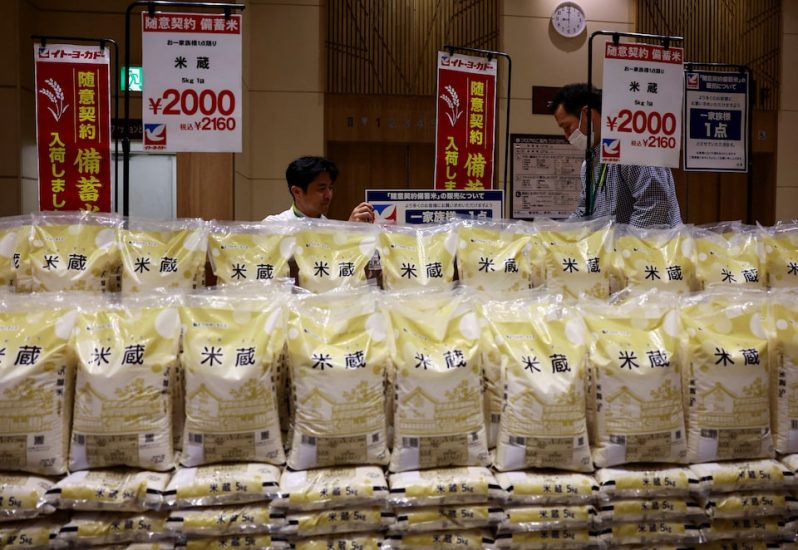A new demand from the Trump administration for Japan to purchase more American rice has caused a last-minute snag in bilateral trade talks, leading to the abrupt cancellation of a key negotiator’s trip to the United States. The Nikkei newspaper reported that Tokyo “strongly objected” to the condition, which it views as an unwelcome interference in its domestic affairs. The unexpected request contradicts a previous understanding that Japan would not be required to lower its tariffs on sensitive agricultural imports.
The dispute emerged as officials were working to finalize the details of a trade agreement reached in July. That deal included a reduced 15% tariff on U.S. imports from Japan and a commitment for Japan to increase its purchases of U.S. rice by 75% within an existing tariff-free framework. Japanese officials have stated that the new, additional demand goes beyond what was agreed upon, prompting top tariff negotiator Ryosei Akazawa to cancel his trip to the U.S. to resolve administrative-level disagreements.
The cancelled trip was also intended to finalize Japan’s agreement to a massive $550 billion package of U.S.-bound investment, which would be facilitated through government-backed loans and guarantees. However, the contents of this investment package remain obscure, and Japanese officials are insisting that an amended U.S. presidential executive order—one that removes overlapping tariffs on Japanese goods—must be issued before they will release a joint document on the investment details.
The confusion surrounding the negotiations has drawn criticism from opposition leaders in Japan, who are questioning the government’s competence and transparency. Opposition leader Yuichiro Tamaki highlighted the dangers of operating without a formal text of the deal, pointing to the current disruption as evidence of the agreement’s fragile and uncertain nature.














